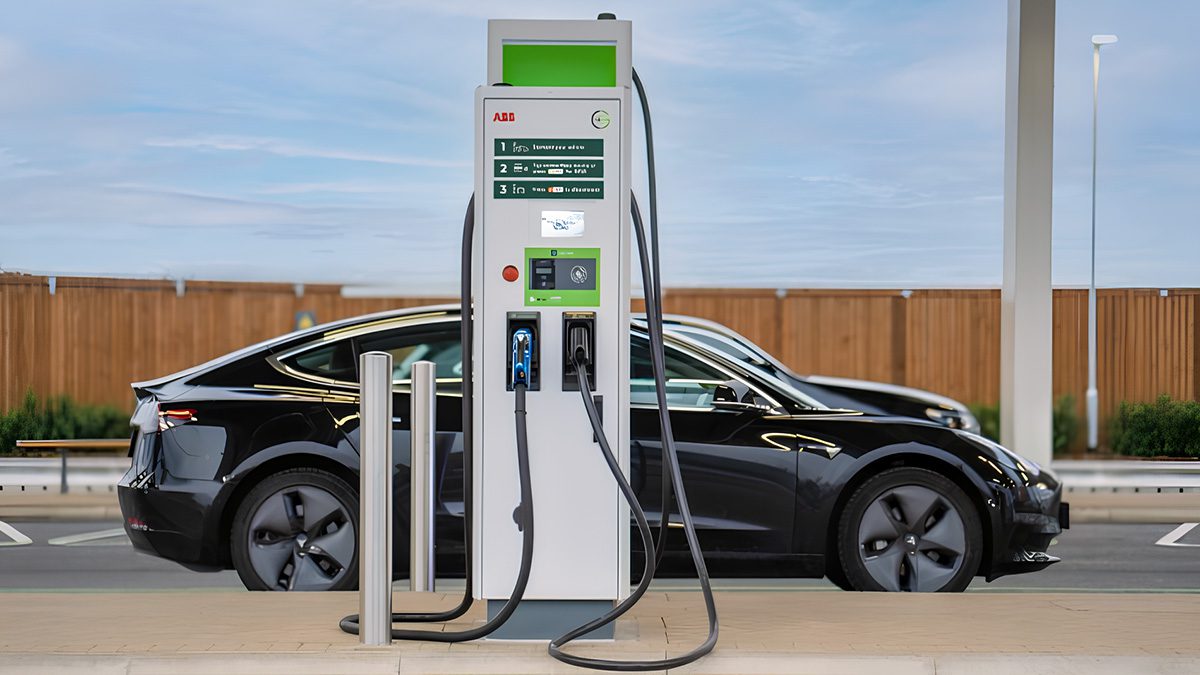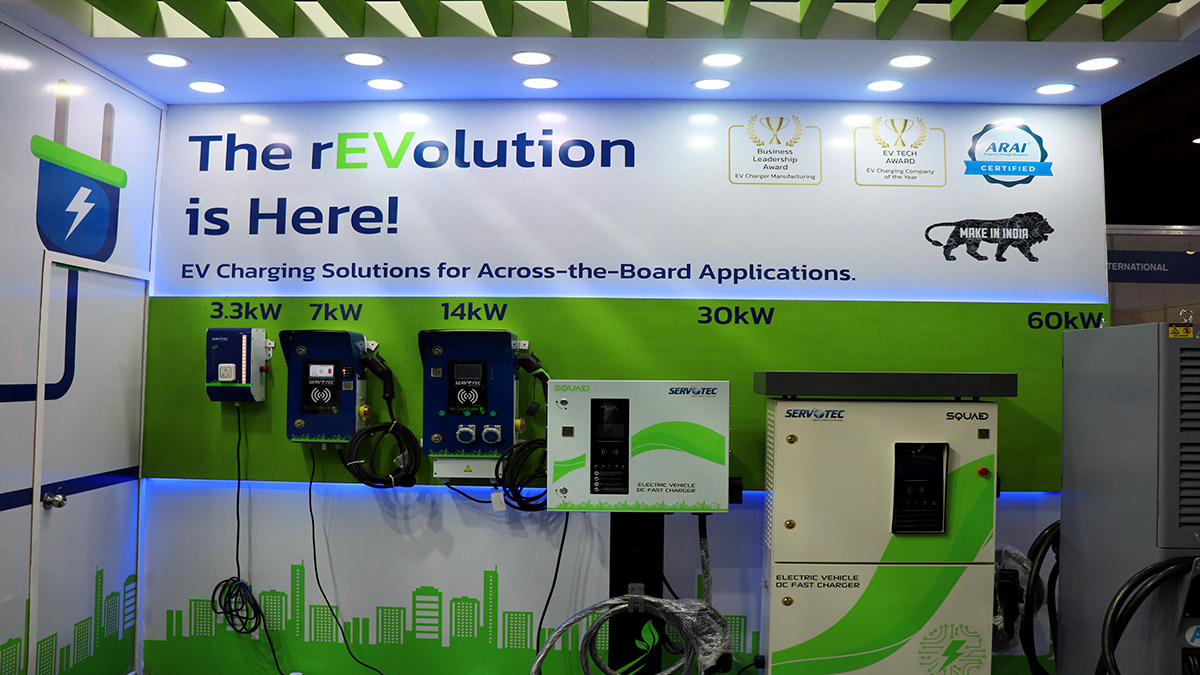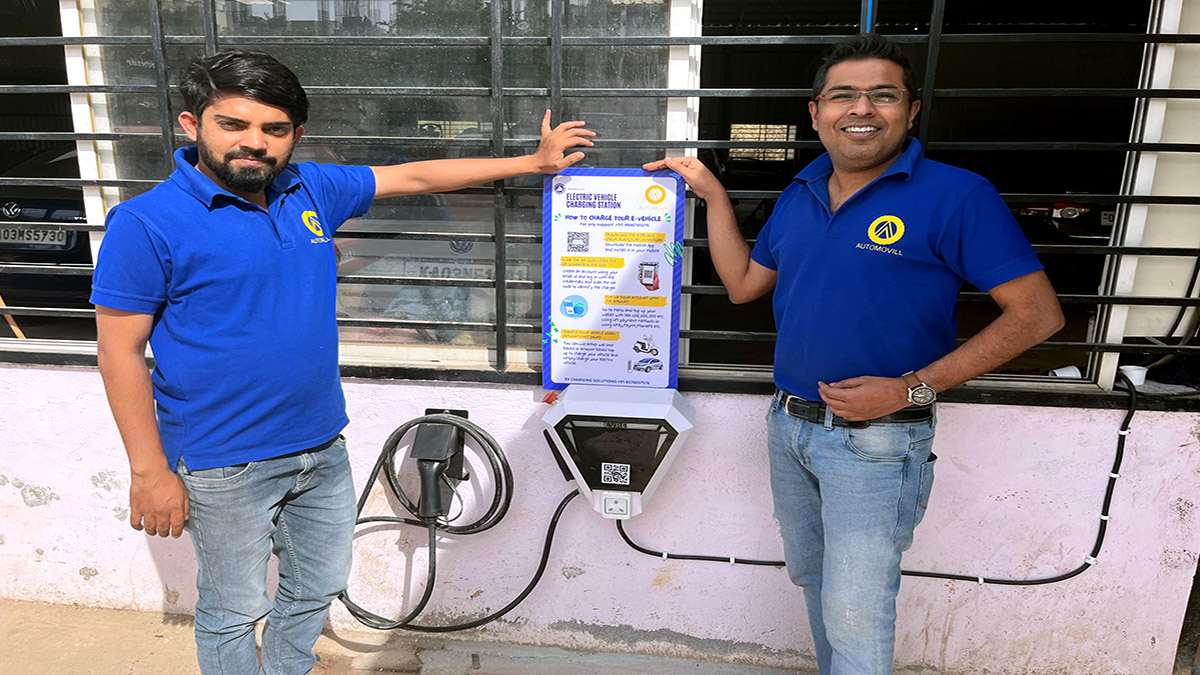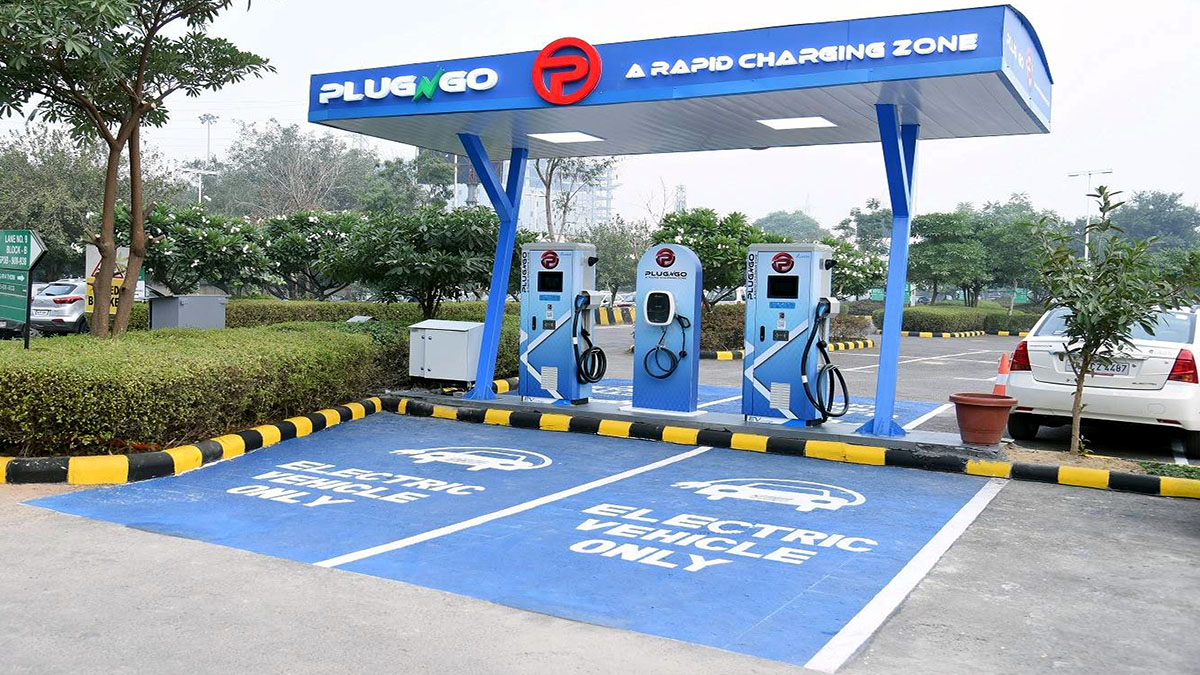Ministry of Heavy Industries (MHI) has announced that the country now boasts a remarkable 12,146 operational public EV charging stations as of February 2, 2024. This milestone marks a considerable leap forward in the nation’s commitment to fostering the adoption of electric vehicles and reducing carbon emissions.
The implementation of various government schemes and initiatives has played a pivotal role in achieving this feat. Under the FAME-II (Faster Adoption and Manufacturing of Electric Vehicles) scheme, substantial financial support has been provided, including subsidies for the establishment of public charging infrastructure. This support aims to instil confidence among EV users and accelerate the transition towards sustainable transportation.
The Ministry of Power has also spearheaded several initiatives to expedite the deployment of public EV charging infrastructure across the country. Notable among these efforts are the issuance of guidelines and standards for charging infrastructure, which have been periodically amended to adapt to evolving requirements. These guidelines facilitate the setup of charging stations at residences and offices, prescribe revenue-sharing models for land provision, and ensure timely electricity connections to public charging stations.
Moreover, the introduction of the Green Energy Open Access Rules in 2022 underscores the government’s commitment to promoting renewable energy adoption. These rules seek to ensure access to affordable, reliable, and sustainable green energy, thereby complementing the electrification of transportation.
The ‘GO ELECTRIC’ campaign launched by the Ministry of Power in February 2021 has also played a crucial role in raising awareness about the benefits of EVs and charging infrastructure across the nation.
State-wise data reveals a widespread distribution of operational public EV charging stations, with significant numbers established in states like Maharashtra, Karnataka, Tamil Nadu, and Gujarat. Delhi, as the national capital, has also made significant strides in this regard, with nearly 2,000 operational charging stations.
It is worth noting that the requirement for charging infrastructure varies based on factors such as the composition of EVs, running patterns, terrain, urbanization, and technology. While there is no global consensus on the ideal ratio of charging points to EVs, estimates range from 1 charging point per 20 EVs to 1 charging point per 150 EVs, underscoring the dynamic nature of the evolving EV landscape.
With the proliferation of public EV charging stations nationwide, India is poised to accelerate its transition towards clean and sustainable mobility.













